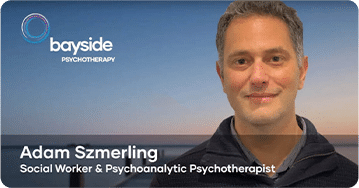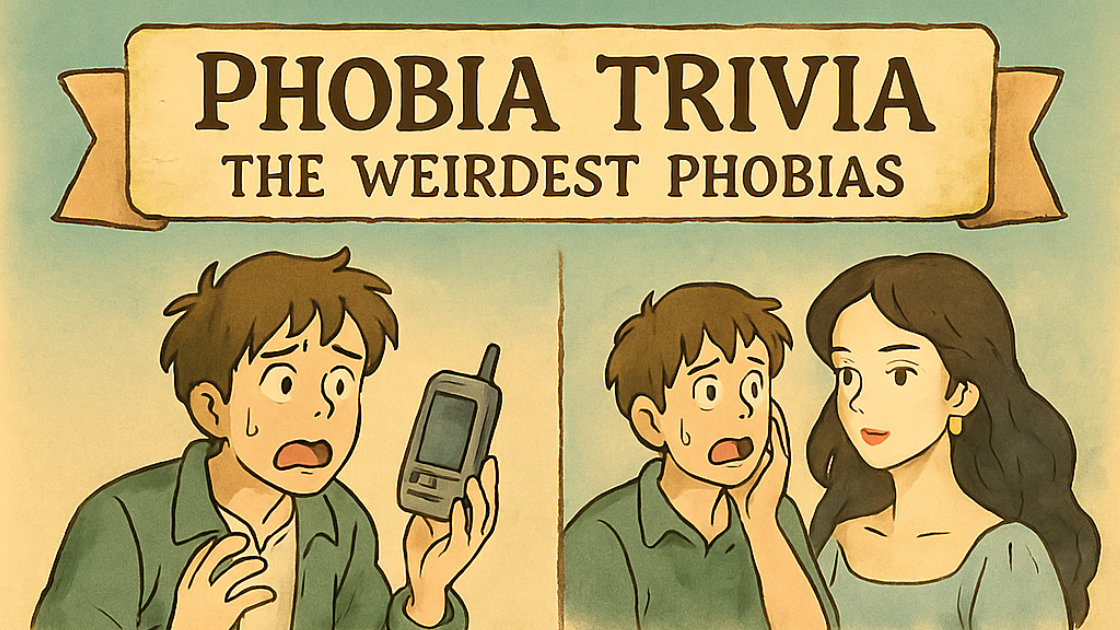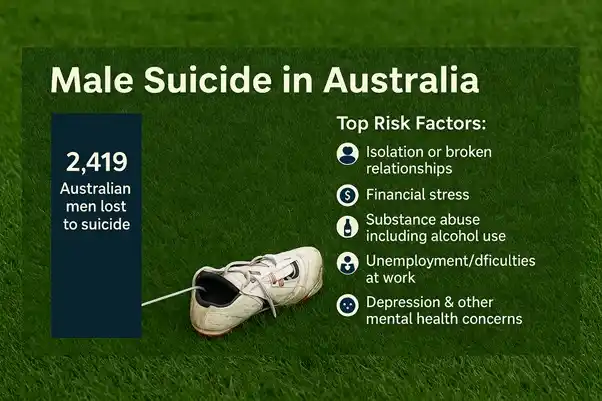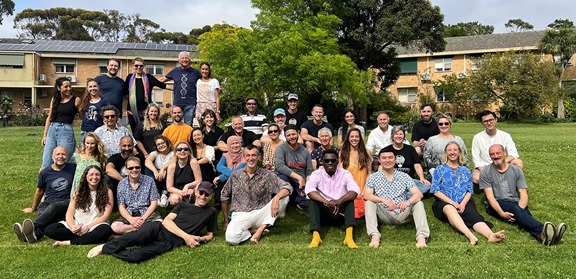Eating Disorders in a 21st Century Health Pandemic
Life across the world has been transformed in 2020 as a result of the COVID-19 pandemic. In many countries, COVID-19 has had devastating consequences to the health and wellbeing of individuals across the lifespan. It has also resulted in drastic changes to the world economy as many people have been forced into working online or in other cases have sadly lost their job and entered a time of terrible hardship.

Here in Australia, the initial stage 3 restrictions imposed at the end of March have slowly begun to be rolled back over the past few weeks. While some people believe this is the green light to return to a pre-COVID lifestyle, others (myself included) await with caution and curiosity to see what the impact of these loosened restrictions will be on case numbers. The team at Bayside Psychotherapy are committed to continuing to provide high-quality phone counselling and online counselling sessions for people in Melbourne and beyond for the next few months until we get a better idea of how Australia is traveling.
In the few months since the COVID-19 pandemic, I have noticed an increase in the number of people who are contacting my practice for assistance in managing eating and body-related difficulties. The stories these clients bring are incredibly diverse, yet there are patterns of suffering that continue to pop up when working with this population. Some have described how the current pandemic has led to an intensification of difficulties with eating that have been a problem for a long time. For other people, the pandemic itself has appeared to trigger the emergence of problematic eating patterns. From what I have observed, there seem to be some common themes present in those who struggle with their eating.
Firstly concerning the pandemic, the impact of restricted social gatherings and closing of recreational and community activities has been severe for people with mental health challenges. For those who are struggling with eating, the orders to stay home where possible have led them to be around food for days and weeks on end. Instead of being able to escape the house to go and see friends, go for a swim or sit in a park, people have been at home with ready access to the fridge and pantry. This has created a nightmare situation as the temptation is always there, especially for individuals who are working from home or home full time caring for children. Additionally, with a narrowing of permissible activities, it has created more time for people to engage in an exercise which is carried out in a problematic way for many with eating disorders. Exercise often becomes an avenue of self-punishment and torment as a demand on the body is placed to ensure weight gain does not occur.
More generally, the experience I have had in assisting individuals with disordered eating often uncovers extreme difficulty in identifying and/or tolerating the presence of uncomfortable emotions. This may include anger, sadness, fear, guilt and shame. For many eating disorders emerge as strategies to regulate emotions that feel too scary and overwhelming to approach differently. These emotions often feel out of control, and at times that control is regained by the illusion one has control over the body and what it does. My clients will say to me “I feel fat” or “I had a fat day”. Fat itself is not a feeling but, from what I’ve noticed, often individuals who cannot identify what they are feeling instead turn to the body to try and make sense of their emotions. The emotional distress is transformed into distress in the body which then makes the body itself the entity that is wrong or has a problem or needs fixing.
The current pandemic has seen an increase in general levels of stress, anxiety and low mood. Whether from fears of contracting the virus or coping with job loss or worrying about the health and well-being of loved ones and not being able to visit our nearest and dearest physically, there is a lot of distress around. Lots of parents I have spoken to are quietly on the verge of a nervous breakdown after having to care for their children 24/7 for months on end while also juggling work responsibilities and trying to home-school older children. In these times, food has become a vice – a way of escaping, a way of soothing emotions, a distraction, a reward. It is not surprising then that more people have started to develop a more complicated relationship with food as part of the response to the COVID pandemic.
The other pattern I often observe in those with eating difficulties are troubles in their relationship with themselves and close others. Some describe they experience others as cold, rejecting and dismissive of their experience. Others describe feeling suffocated by close others who demand to know all the ins and outs of what they are thinking or feeling or demand they think or act in a certain way. Either experience can cause difficulty in being able to identify and communicate boundaries and needs within a relationship along with a complicated relationship with oneself where self-esteem and self-worth can be compromised. For many, these patterns have been amplified over the past few months as our ability to socialise more broadly has been significantly limited, leaving us primarily interacting with those we live with. When relationships with our cohabiters are strained at the best of times, it takes little imagination to deduce the likely consequences of social isolation on these already tricky relationships. In this time, I have seen families grow closer and work through elephants in the room that may have been hanging around for a long time. And sadly, I have also seen individuals experiencing distress in their close relationships relating to conflict, loneliness, and in some cases, it has catalysed the ending of the relationship. And in these cases, food is often turned to as a way of coping with a challenging experience.
Patients with disordered eating can work with and speak with me (or another therapist) privately via secure video conferencing sessions, anywhere in Australia.
Here are a couple of blogs written on this topic you might find useful:
What Are Australians Most Afraid Of? N...
From snakes and spiders to needles and ghosts, fear takes many forms. But what do Australians fear most in 2025? At Bayside Psychotherapy, our expert.
Is It Time For The AFL To Cast A Menta...
At Bayside Psychotherapy we are passionate about mental health and like many fellow Melbournians, many on our team are avid AFL fans. So when two of our.
Exploring Emerging Therapies: Understa...
At Mind Medicine Australia, we are dedicated to transforming the trea.
The Balance of Power in Romantic Relat...
Why do some relationships thrive while others feel like a constant tug-of-war? Power dynamics lie at the heart of this balance.










